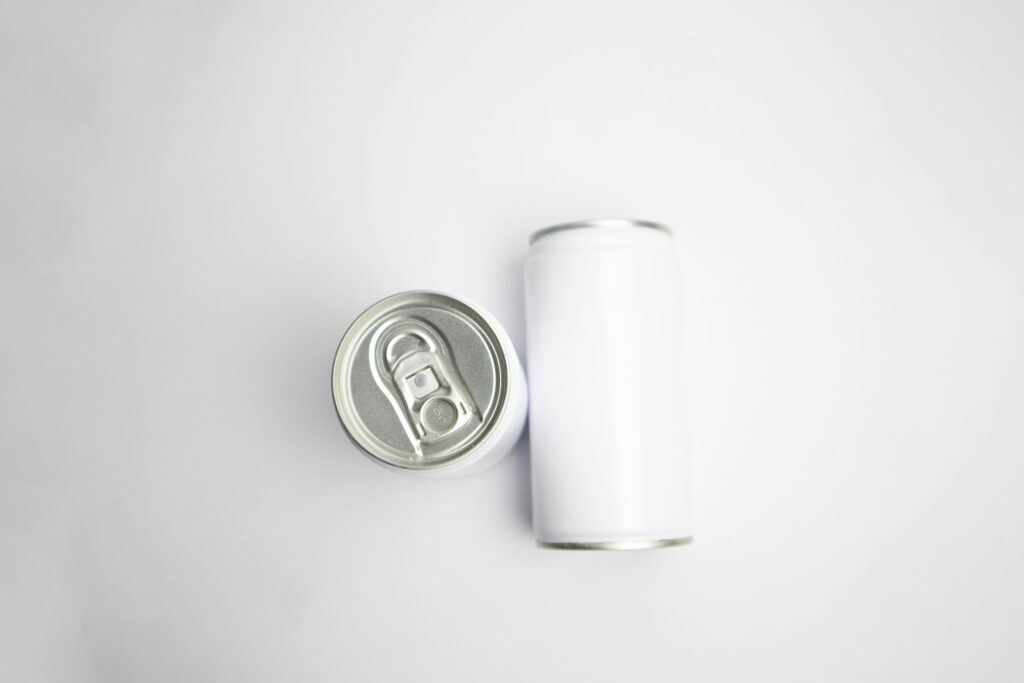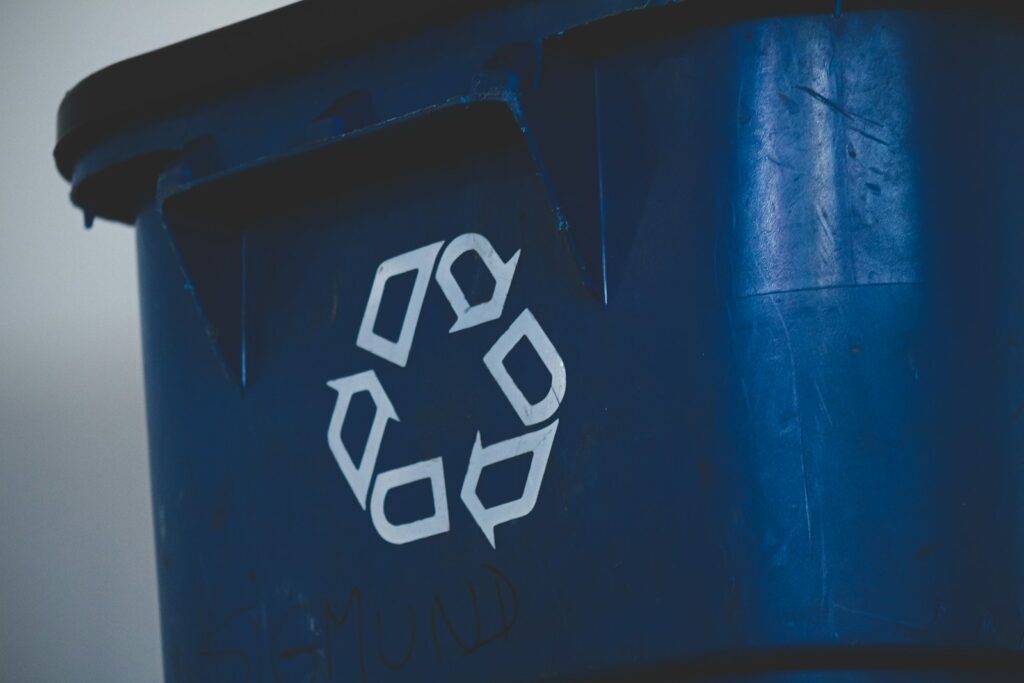A trial of returnable plastic bags in Sweden has cut the use of carriers by 80%.
Researchers believe it demonstrates how consumer behaviour can be changed – and offers a simple way for businesses to help to create a circular economy.
A study by the KTH Royal Institute of Technology in Sweden and Nottingham Trent University tested out a ‘take back’ system that allows customers to return used plastic carriers for a full refund.
A refundable fee of two Swedish Krona per bag was introduced for customers of Teknikmagasinet, an electrical retail outlet in Stockholm. During a two-month period, 20% of 3,200 customers paid the charge for a plastic bag while around 80% did without one.
While only 2% of customers returned their used carriers during the two-month period, researchers believe more consumers would return the bags if the system was widely available at other outlets.
In England, the introduction of a 5p charge on plastic bags in 2015 has so far been highly effective in persuading shoppers to stop using single-use carriers.
Retailers in Sweden are currently permitted by the government to give free shopping bags to customers in all stores except grocery stores, but while doing so they must inform consumers about the negative impacts of using the bags.
‘These findings show that there is real potential for Sweden to lower its use of plastic bags significantly by introducing a policy like “take back” to incentivise consumers to be more environmentally friendly,’ said Jagdeep Singh (pictured above), formerly of KTH Royal Institute of Technology but now of Nottingham Trent University.
‘Not only will this reduce the amount of waste plastic going to landfill, but it will save on the carbon, energy and water footprints of making so many plastic carrier bags in the first place.’
Teknikmagasinet is still running the pilot in Stockholm and is considering rolling the ‘take back’ policy out to its other shops.
Research co-author Tim Cooper, of Nottingham Trent University’s School of Architecture, Design and the Built Environment, said: ‘Not only does this research show how plastic carrier bag use can be curtailed by changing consumer behaviour, but it provides an important insight as to how business models for other products may be changed to help achieve a more circular economy.’
















